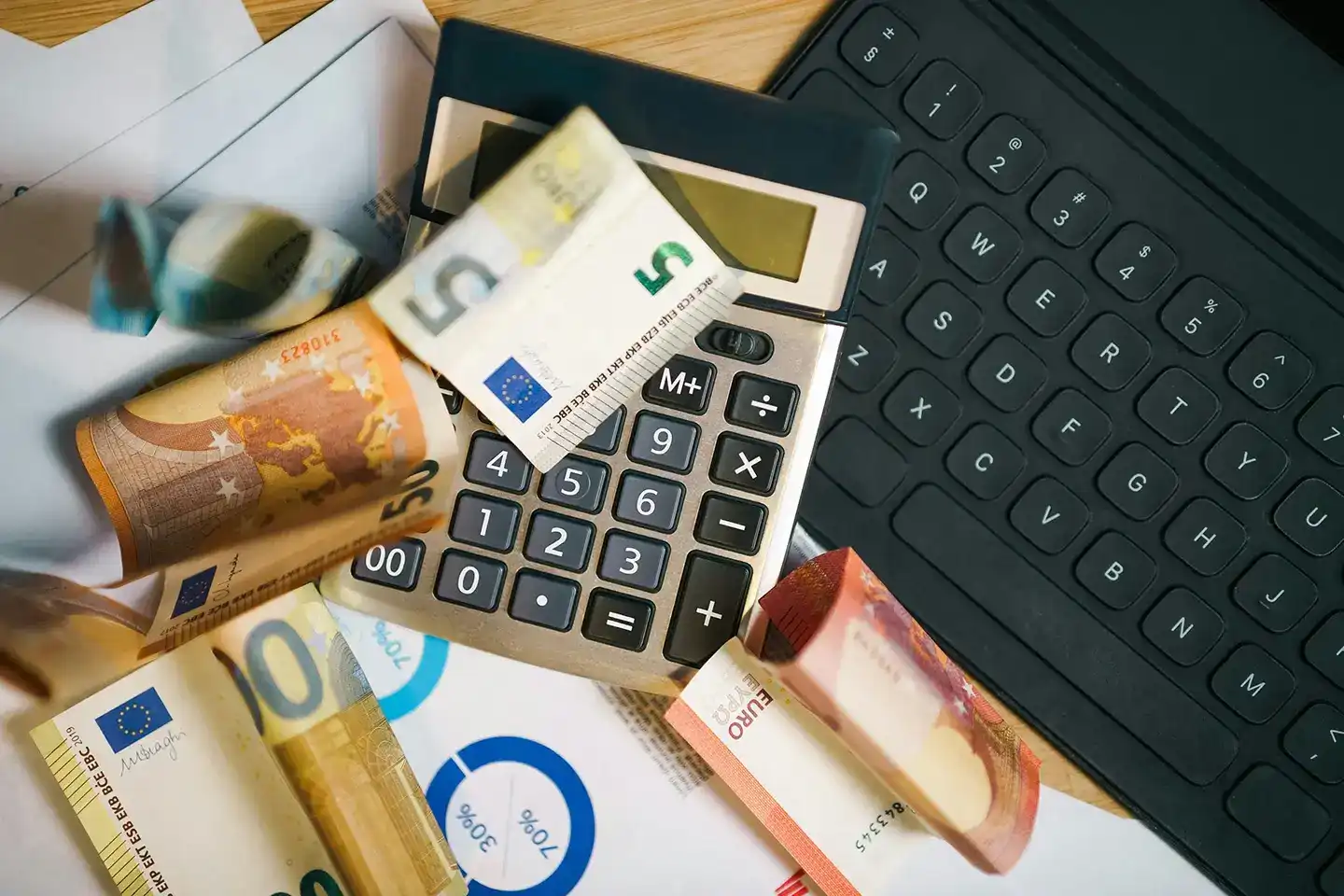Financial Freedom Journey: Debt Management Basics

Debt can feel like a heavy weight on your shoulders. It might keep you up at night or make it difficult to pursue the goals that matter most to you, whether that is traveling the world or starting a business. The good news is that tackling debt does not have to be complicated. With a few key strategies and a commitment to consistent action, you can move closer to financial freedom and reclaim peace of mind.
In this post, we will cover:
- Why debt can be more than just a money issue
- Different repayment strategies (and how to choose the right one)
- Simple tips for building momentum and staying motivated
- Ways you can use a personal development approach to manage money
Why Debt is About More Than Money
When we talk about debt, the conversation often focuses on numbers and interest rates. However, the impact of debt runs much deeper. It can create chronic stress, strain relationships, and prevent you from pursuing opportunities that could enhance your quality of life.
By acknowledging the emotional and psychological sides of debt, you give yourself permission to do more than just cut expenses. You allow yourself to explore how your habits, mindset, and sense of self-worth play into financial decisions. For instance, some people spend impulsively when they are anxious, while others avoid looking at their bills because the debt feels overwhelming. Recognizing these patterns is often the first step in making lasting changes.
Popular Debt Payoff Strategies
There is no single "best" debt repayment strategy. The approach that works for you depends on your personality, cash flow, and financial goals. Below are two of the most common methods:
1. The Snowball Method
- How it Works: You list all your debts from smallest balance to largest balance (ignoring interest rates). You put any extra money toward the smallest debt while making minimum payments on the rest. Once the smallest debt is paid off, you roll that payment amount into the next debt, and so on.
- Why it Helps: Paying off the smallest debt first gives you a quick win and boosts your motivation. This psychological push can be a game-changer if you struggle with staying consistent.
2. The Avalanche Method
- How it Works: You prioritize debt with the highest interest rate first. This might mean tackling a high-interest credit card balance even if it is not the smallest balance. You still make minimum payments on all other debts.
- Why it Helps: By paying off high-interest balances first, you minimize the total amount of interest you pay over time. This can save you money in the long run, especially if your interest rates vary widely.
Creating a Momentum-Building Plan
Regardless of which strategy you choose, the key is to stay consistent. Here are a few tips to maintain momentum:
- Set Clear Milestones: If your total debt is large, break it down into smaller chunks. For example, celebrate every $1,000 you pay off. This helps you see progress sooner.
- Automate Payments: Whenever possible, set up automatic transfers to your credit card or loan provider. Automation ensures you never miss a payment due to forgetfulness or procrastination.
- Track Wins and Challenges: Keep a simple log of your progress. Note not only the amounts you pay off, but also any emotional wins like feeling less stressed after a payment. If you enjoy journaling, you might like How to Use Journaling for Emotional Wellbeing. It could help you handle emotional ups and downs during your debt payoff journey.
- Build an Emergency Fund: Even small, unexpected expenses can derail your plan if you are not prepared. Save a little each month to prevent new debt from piling up when life throws you a curveball.
Using a Personal Development Mindset
Debt management is not just about crunching numbers. You can combine financial strategies with self-reflection and personal growth:
- Identify Triggers: Notice when you are most tempted to make impulsive purchases. It might be after a tough day at work or when scrolling through social media. Understanding these triggers can help you come up with healthier coping strategies.
- Practice Mindful Spending: Before swiping your card, take a moment to ask, "Do I really need this?" or "Is there a cheaper alternative?" Small pauses can add up to big savings.
- Set Values-Based Goals: Tie your debt payoff goals to what you truly value. For example, maybe you want more freedom to travel or to start saving for a future home. Keeping your "why" front and center can boost resilience when motivation dips.
A Quick Note on Monsai
If you are looking for a structured way to set goals and track progress, Monsai’s goal framework might help you stay focused. For instance, you could create a "Financial Freedom" journey, set monthly debt-reduction milestones, and use brief daily reflections to stay mindful about spending. This can be a helpful supplement, but remember that the real work happens when you apply what you learn to your day-to-day financial decisions.
Final Thoughts
Paying off debt is not always easy, but it is absolutely possible. Whether you follow the snowball method, the avalanche method, or a hybrid approach, every small step matters. Do not be discouraged by setbacks or slow progress. Over time, those consistent actions can lead to real momentum and the freedom to use your money in ways that truly enhance your life.
Take a few moments today to review your debt balances and decide which repayment strategy resonates with you. Even the smallest decision to pay a bit extra this month or set up an automatic transfer can spark a ripple effect that moves you closer to financial peace.
Remember, financial freedom is not just about having less debt. It is about feeling empowered to shape your future and turn your biggest aspirations into reality.